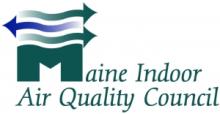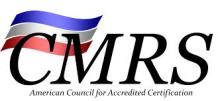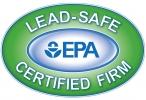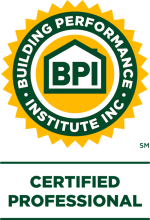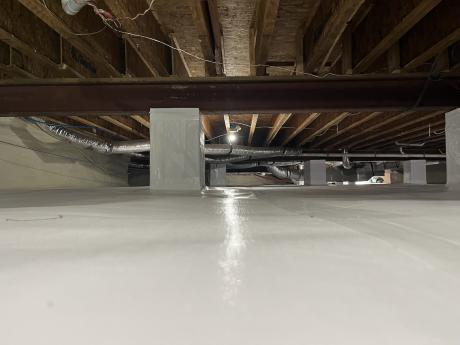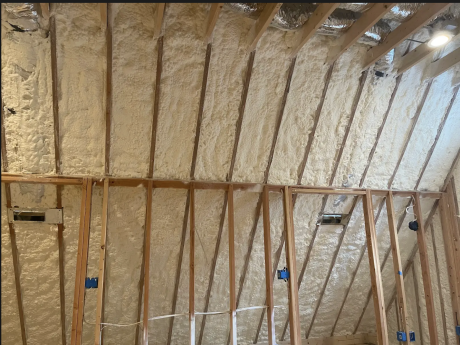
About Us
Maine Indoor Air Quality Council
The mission of the MIAQ is to create healthy, productive, and environmentally sustainable indoor environments through education, communications, and advocacy.The Maine Indoor Air Quality Council is an interdisciplinary, non-profit, non-partisan collaborative of professionals of all types. Our diverse membership is comprised of physicians & nurses, engineers, architects, maintenance managers, lawyers, toxicologists, building inspectors, insurers, industrial hygienists, respiratory therapists, educators, healthy and safety professionals, legislators, public policy decision-makers, and more.
The Council-certified Microbial Remediation Supervisor (CMRS)
The Council-certified Microbial Remediation Supervisor (CMRS) conducts mold remediation and mold removal projects in the indoor environment. A CMRS can design and maintain effective containments. A CMRS can control pressure relationships during a project. A CMRS can safely clean, treat or remove structures and contents affected by microbial contamination. A CMRS can design remediation protocols or follow established protocols and industry standards.
Healthy Home Specialist
Founded in 1937 by healthcare professionals, the National Environmental Health Association strives to advance the environmental health and protection professional for the purpose of providing a healthful environment for all. For as long as NEHA has existed, NEHA has strived to elevate the standing and respect accord to those who practice environmental health. One of the mechanisms used by professional societies like NEHA to achieve such a goal is the one of credentialing.
EPA Lead RRP Certified
Common renovation, repair, and painting activities that disturb lead-based paint (like sanding, cutting, replacing windows, and more) can create hazardous lead dust and chips which can be harmful to adults and children. Home repairs that create even a small amount of lead dust are enough to poison your child and put your family at risk.
Advanced Weatherization Tactics
All Total Home Performance Employees have been certified through the National Weatherization Training Center located at Baltimore City Community College. The course is designed to challenge weatherization workers to expand their understanding and knowledge of Weatherization. Topics include Aligning Pressure and Thermal Boundaries; Attic Insulation; Dense- Pack Sidewall Insulation; Mechanical Ventilation; Basement and Crawl Spaces; Windows and Doors; and other weatherization measures to reduce energy cost by improving energy efficiency.
BPI Certified
The Building Performance Institute (BPI) is the nation's leading building science accreditation organization. The "house as a system" philosophy - which looks at a building's various components (building envelope, attic, basement, combustion equipment, ventilation sources) and the interrelationship between them to maximize a home's performance. This approach leads to greater energy efficiency, but perhaps more importantly to buildings that simply work better.
Schedule a Healthy Home Assessment today with the Eastern Shore's whole home experts.
Reach out now!
What Our Customers Are Saying About Us
Blog
If you live in the Chesapeake Bay area, your crawl space is up against some serious challenges. Hot, humid summers and cold, wet winters make unsealed crawl spaces vulnerable to moisture, mold, pests, and even structural damage.
At Total Home Performance, we fix wet, dirty, unsealed crawl spaces with comprehensive repair and encapsulation…
Making an old house energy efficient can feel like an uphill battle. There’s so much to fix—how do you know where to start, or what’s worth it and what’s not?
We get it. We’ve fixed a lot of old houses in the area. It can be overwhelming, but it doesn’t have to be. If your primary goal is to save money on…
